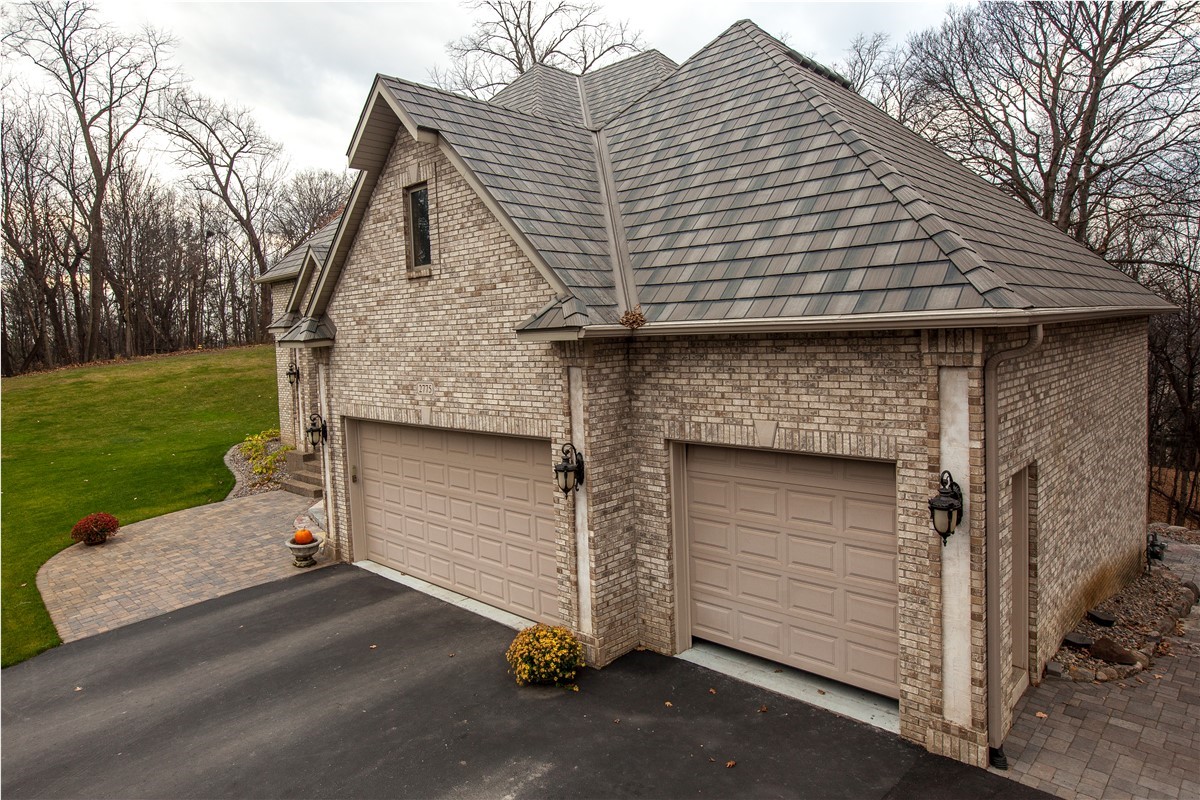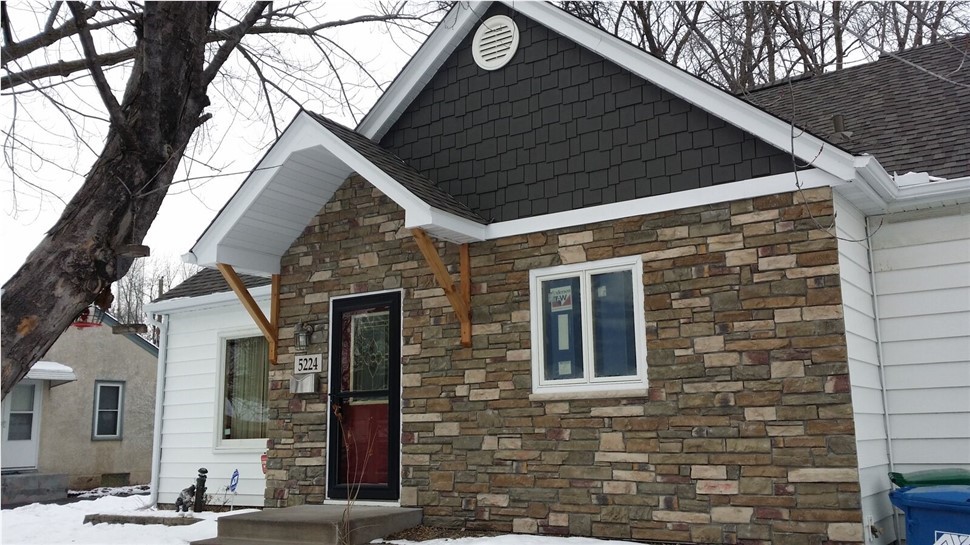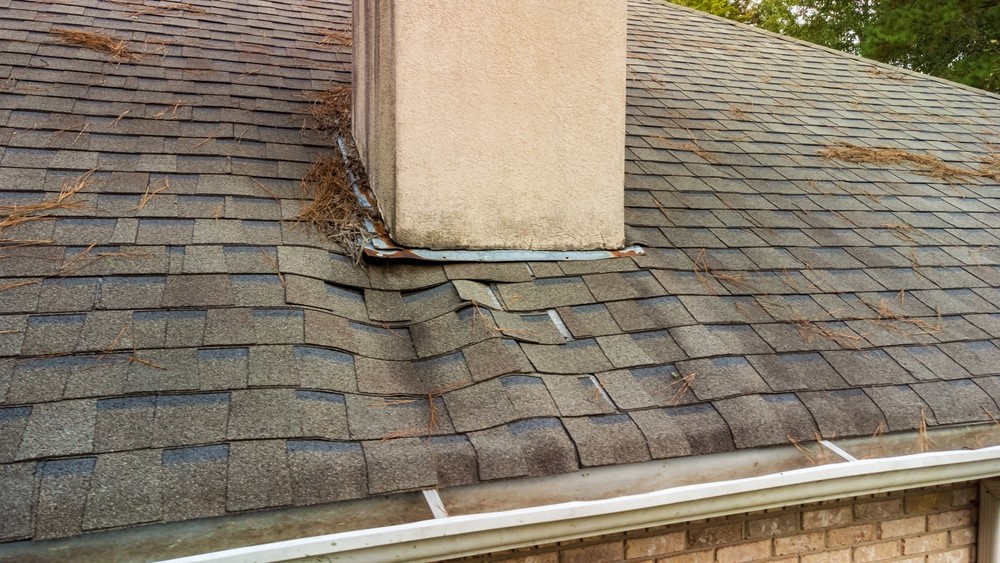One question we hear frequently about metal roofing is "What gauge metal is right for my roof?"
The answer to this simple question is more complex than many people realize. Gauges can vary widely based on the kind of metal and the application, so each roof has to be considered individually. Generally, higher-end projects and those with steep roof angles or vertical walls require a heavier gauge metal. Lower-end projects like agricultural buildings can pass with a thinner gauge.When considering metal gauges, it is important to note that the higher the number, the thinner the metal. For example, 22 gauge metal is nearly twice as thick as 28 gauge. And to complicate things just a little further, measuring standards vary based on the metal. For example, a 26 gauge copper roof is a different weight than a 26 gauge steel roof.
Another factor to keep in mind when selecting a suitable metal gauge is the profile of your roof. Lighter gauges (higher numbers) work better on roofs with smaller or more complex shapes. Roofs with simple ridges or large distances between ridges require a heavier gauge metal. That being said, heavier gauge material is much more durable and damage resistant. That makes it preferable to lighter metals in nearly every case.
At Quarve, we rarely install metal roofing thinner than 26 gauge. If your project simply needs to meet the minimum standard, a 28 gauge metal may work for you. But when it comes to properly insulating your home and protecting it from the elements, we recommend at least 24 gauge metal.
As you shop around for that metal roofing you've always wanted, be sure to keep this metal gauge info in mind. This will likely be the last roof you'll ever need to put on your home, so why not take the time and effort to make it the best?
Quarve Contactors is a MN licensed exterior remodeling company specializing in metal roofing right here in the Minneapolis-St. Paul area. Check out our Pinterest board for a look at just of few of many metal roofs we've installed in the surrounding neighborhoods.Subscribe to Quarve Contracting's Blog







Comments